Website Basics Explained
One of the first questions that almost all new clients ask me as a website designer is, ‘What are the things that I need to have a website?’ Or, if they have an existing website, they sometimes ask, ‘What are all of the things I’m paying for?’. Maybe you’re a business owner who finds websites and terminology overwhelming and if so, this is for you.
Welcome to Your Domain!
A good place to begin is by thinking about a domain name if you don’t already have one. This is the name that will serve as the address of your website – something like: ‘mybusiness.com’. The ideal domain name is short, easy to remember, easy to spell, and relevant to your business. If it’s too long or tricky, it will be hard for people to remember and easy for them to misspell. The whole point of a website is to make it easy for people to find your business!
You will say and type your chosen domain many, many times. So many times that you will tire of spelling it out if it’s long or difficult. Also, your domain name will most likely become part of your business’s email address – as in fred@mybusiness.ca – which is another reason to keep it short and sweet. If someone keys your email address in with even one mistake, their message is either going to outer space or to someone else, but it’s definitely not going to you.
Your domain name is one of many factors affecting how easily your website can be found through search engines (eg. google). Imagine that there is someone who needs your exact service or product, but they aren’t aware of your business. How will they find you? Most people’s first step will be to do research using google. If your domain name contains a word that people are likely to search for, it can help you rank (show up) higher in their search results. Let’s say that you own a yoga studio. An ideal domain name is obviously yoga.com. Brilliant! It contains the most common search word that wannabe yoga students will be searching for! But not so fast. Chances are good that your perfect domain has already been scooped up by someone else. The interwebs have been around for a long time, after all! What to do when you discover that someone got there before you? Don’t be discouraged… you just need to get creative! Look for variations such as yogastudio.com, yogabyyourname.com, or yogayourcity.com. And let’s talk about what comes after the dot. You’ve likely seen many domain extensions in addition to ‘.com’. Country-specific ones like .ca (hurrah, Canada!) or .org (organization), .co (company), .net (network), and even very specific ones like .pizza! There are heaps of domain extensions, so maybe it makes sense for you to choose one of those. You can search for what is available on any website that sells domains, for example, Squarespace Domains. Companies that sell domain names are called registrars, because technically you’re registering, not buying, a domain name. You will need to pay an annual fee (usually around $20) to hold onto it.
What is Web Hosting?
The analogy I’ve always used to explain web hosting is borrowed from a friend who started a web hosting company back when the world wide web was still shiny and new. My friend explained that a web host is like an online landlord… they rent space for websites. A website consists of files, and those files have to ‘live’ somewhere that’s accessible from anywhere, any time, potentially accommodating a lot of traffic while being very secure. Your laptop is not up to the job lol. Web hosting companies have physical servers where website files are stored. You pay a monthly or annual fee for web hosting but do shop around because fees vary widely. Two important factors influencing the cost of web hosting plans are the amount of disk space you’re getting (how many gigabytes or GB) and performance (how quickly your website will load for visitors). Your website designer should be able to recommend reputable web hosting companies, but you should expect to pay somewhere in the range of $10-$30 per month depending on your needs.
Website Plans or Packages
Website building platforms such as Squarespace (others are available, but I’m a bit biased) require you to have a paid plan to use their product, and web hosting is included. If you have a Squarespace website, you don’t have a choice – it must be hosted on Squarespace’s own servers. This may sound limiting, but I think that it’s actually a plus. Not only does Squarespace offer the features and tools to build really great sites for small businesses, (and they’re constantly improving them and adding more) their reliability is rock solid! Compared to websites I’ve designed and hosted with various companies over the years, Squarespace sites have little to no downtime and you don’t have to worry about doing costly technical updates. I have seen client’s sites suddenly stop working when a hosting company does an update to their server with (yikes!) no advanced warning. With Squarespace websites, those very stressful crises just tend not to happen. Plans range from $21/mo for a basic site to $66/mo for a website with advanced e-commerce features. Click here for details.
Add-ons
Sometimes clients have particular needs for their websites that require add-ons, aka third-party integrations (impress your friends with that fancy term!) These are usually industry-specific features that fall outside a website plan – online restaurant reservations, accommodation booking and appointment booking are common examples. Of course, these come with additional fees, but the value they can bring to your business is immense. Automating these types of business processes saves you time, and customers not only like them, they have come to expect them. I have to admit, I would rather go online than pick up the phone, be put on hold or leave a message and wait for a business to get back to me. You might think that’s anti-social, but you have to accept it – we’re living in a digital age!
Email Hosting
Strictly speaking, email hosting isn’t part of a website, but it’s something that I am commonly asked about and it’s related. Remember when I mentioned earlier that your domain name will likely be part of your business’s email address? It generally looks more legit to use an email account such as you@yourbusiness.com than a gmail or yahoo email address. Unless your web hosting package includes email hosting, custom email aka business email is a service that you can get through many email hosting companies, the most common being Microsoft 365 and Google Workspace. There is a small fee per email account, so the cost depends on the size of your business and how many email accounts you need. There’s nothing to stop you using your personal gmail account for business, but if you want to give a more professional impression, use a pro email account!
A Final Word of Advice
So, now you know the basic elements of a website! An experienced website designer will be able to answer any specific questions you may have, give you advise based on the needs of your specific business, make recommendations and, if you’re the tech-averse type, walk you through the processes of obtaining your domain, website plan, email hosting etc.
One last word of advice – if you do acquire web-related accounts on your own, please make sure to keep the login credentials somewhere you can access them as needed in the future. In my experience working with website clients, that vital information can mysteriously go missing. Keep it secret, keep it safe!

